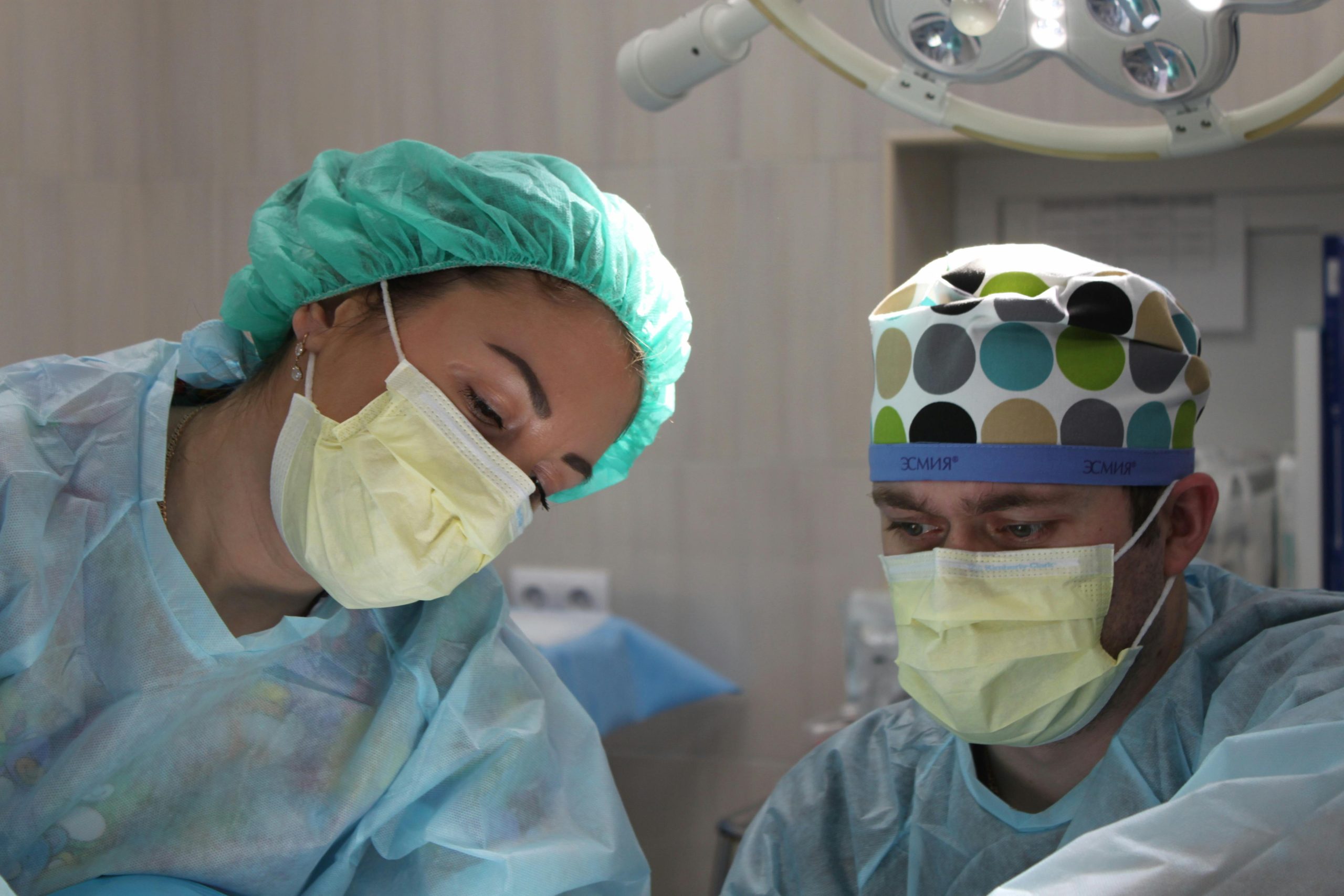Indeed surgical interventions are a cornerstone of modern healthcare. They offering life-saving and life-altering treatments, yet also carry the risk of errors with potentially devastating consequences. Understanding the implications of surgical errors is crucial for both patients and healthcare professionals. This blog post will cover a variety of information that can help you to understand these implications.
Understanding Surgical Errors
Definition and Types
While relatively rare, it is important to note that surgical errors can occur in any procedure, regardless of its complexity. These mistakes can range from minor to severe, with some having the potential to cause lasting harm. Therefore, patients need to understand that surgeons are highly skilled and not infallible, and errors can happen despite precautions.
Causes and Prevention
To mitigate surgical complications, healthcare institutions implement robust staff training programs and conduct periodic comprehensive reviews of surgical processes. Additionally, patients are encouraged to actively engage in their care and inquire about the established safety protocols employed by the facility.
Ethical Responsibilities
Healthcare professionals have a fundamental ethical obligation to prioritize patient safety. To achieve this, they should implement robust error prevention strategies and actively engage in continuous professional development. By staying up-to-date, they can acquire and maintain the latest evidence-based knowledge and best practices. This ongoing commitment ultimately fosters a culture of safety and instills trust in patients undergoing surgical procedures.
The Implications of Surgical Errors on Patient Health
Immediate Consequences
Surgical errors frequently evoke significant psychological distress in addition to their physical consequences. These experiences can be akin to a medical trauma, and patients may require multifaceted support to facilitate their recovery. Therefore, healthcare systems should strive to deliver holistic care that addresses both the immediate and long-term physical and psychological needs of patients who have experienced surgical errors.
Long-term Health Implications
Following a surgical error, patients embark on a protracted and complex journey towards recovery. This often necessitates a multifaceted approach, involving collaboration amidst a team of diverse specialists. To ensure optimal healing and well-being, patients deserve transparent and comprehensive communication regarding their recovery trajectory and the full spectrum of available support resources.
Recovery and Rehabilitation
Rehabilitation programs are tailored to the specific needs of each patient affected by a surgical error. These programs aim to restore as much function as possible and help patients adapt to any changes in their abilities. Support from family, friends, and healthcare professionals is crucial during this time.
Ethical and Legal Considerations
Transparency and Trust
Transparency in healthcare extends beyond simply disclosing errors. It encompasses fostering an environment where patients feel acknowledged, respected, and actively involved in their care decisions. This patient-centered approach empowers individuals with the information they need to make informed choices about their health. By fostering trust, transparency is fundamental to strengthening the patient-provider relationship, ultimately promoting better health outcomes.
Navigating the Legal Landscape of Surgical Errors
The legal implications of surgical errors can be intricate and extensive, often requiring a thorough investigation of the surrounding circumstances. In such situations, healthcare providers must collaborate closely with legal professionals to ensure they fulfill their legal and ethical obligations to their patients while adhering to all applicable laws and regulations.
Addressing Ethical Considerations in Surgical Practice
Surgical practice inherently presents ethical dilemmas that demand careful analysis and principled decision-making. Healthcare professionals are entrusted with the responsibility to balance their specific duties towards individual patients with the broader considerations affecting the entire healthcare system. Upholding the highest ethical standards and acting with integrity remain paramount in navigating these complex situations.
Economic and Institutional Impact
Financial Burdens
The economic impact of surgical errors extends beyond the immediate costs of additional care. It also includes the potential loss of income for patients who may be unable to work during their recovery. Healthcare systems must consider these broader economic implications when addressing surgical errors.
Reputation and Trust
A healthcare provider’s reputation is one of its most valuable assets. Surgical errors can damage this reputation, leading to a loss of patient confidence. Providers must work diligently to restore trust through transparent practices and high-quality care.
Institutional Responses
Institutions respond to surgical errors by conducting thorough investigations to understand what went wrong. These investigations often lead to changes in procedures and policies to prevent future errors. Open communication about these changes is essential to reassure patients and the public that the institution is committed to safety.
Moving Forward: Strategies for Reduction
Innovations in Surgical Practice
Innovations in surgical practice not only enhance precision but also patient outcomes. Surgeons must stay abreast of these advancements to provide the best care possible. Indeed, patients benefit from these innovations through improved safety and reduced risk of errors.
Cultural Shifts in Healthcare
A culture of safety in healthcare is not achieved overnight. It requires a sustained effort from all members of the healthcare team. Patients play a role in this cultural shift by being active participants in their care and advocating for high safety standards.
Patient Involvement and Advocacy
Patient involvement in healthcare decisions can lead to better outcomes and fewer errors. Educated patients are better equipped to engage in their care and to make informed decisions. So, advocacy groups play a vital role in promoting patient education and involvement.
Collaboration and Communication in Surgery
The Role of Team Dynamics
Effective teamwork and communication are critical in the surgical environment. The complexity of surgical procedures demands seamless coordination among all members of the surgical team. Studies have shown that a significant number of surgical errors can be attributed to communication failures. By fostering a culture of open dialogue and respect, surgical teams can reduce the likelihood of errors. Again, regular team training sessions that focus on communication skills and crisis management can further enhance team performance.
Implementing Checklists and Protocols
The use of surgical safety checklists is a proven method for reducing errors and improving patient outcomes. These checklists serve as a reminder for the surgical team to verify critical information at various stages of a procedure. Clearly, protocols for emergency situations are also vital, ensuring that every team member knows their role and the steps to take when unexpected issues arise. Hospitals and surgical centers must prioritize the development and implementation of these tools as part of their safety protocols.
Patient-Centered Communication
Engaging patients in discussions about their care is another aspect of effective communication. Patients need to ask questions and express their concerns. Indeed, this not only aids in building trust but also ensures that patients are well-informed about their procedures. Preoperative meetings that include the surgeon, anesthesiologist, and nursing staff can help to clarify the patient’s understanding and set realistic expectations. Thus, a well-informed patient is an empowered partner in their own care, contributing to a safer surgical process.
Conclusion
Surgical errors represent a significant challenge within healthcare, affecting patient safety, trust, and outcomes. In fact, the strategies discussed, from enhancing surgical practices and fostering a culture of safety to encouraging patient involvement, highlight the multifaceted approach needed to reduce these errors. So, as healthcare continues to evolve, the commitment to minimizing surgical errors must remain a priority, ensuring that every patient receives the highest standard of care. Through collaboration, innovation, and advocacy, we can continue to improve surgical safety and protect the well-being of patients worldwide.













